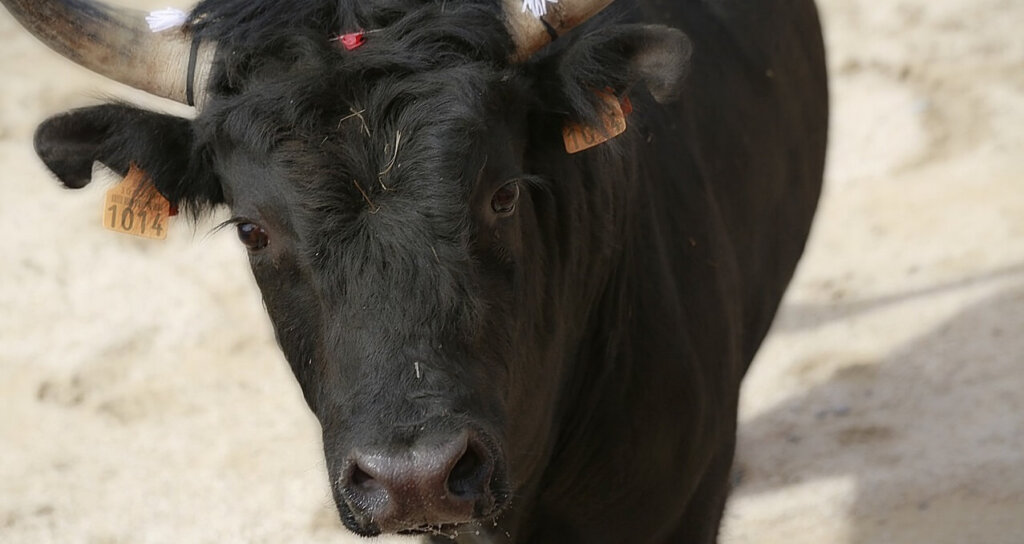
Shocking Ruling in NSW Dog Stabbing Case
The Supreme Court of New South Wales has ruled that a man who stabbed a dog several times with a pitchfork, strung him up in a tree – still impaled by the pitchfork – and later beat him to death with a mallet wasn’t breaking the law.
The chief inspector of the New South Wales RSPCA called the act “shocking and inexcusable”, and a witness reportedly saw the man “laughing and joking” during the incident.
The perpetrator of the vicious attack, Daniel Brighton, is the owner of a mobile petting zoo called Get Wild Animal Experiences, which offers the public encounters with koalas, macaques, crocodiles, and a number of other wild species.
Brighton was originally sentenced last year to three years and four months in prison for the attack, but the Supreme Court quashed the conviction on appeal. The presiding judge described his behaviour as “particularly abhorrent and, ultimately, cruel” but stated that it wasn’t illegal under the state’s Crimes Act because it occurred during the “extermination” of “pest animals”, explaining, “The conduct of the deceased dog rendered it, objectively, a pest animal,” because the dog had attacked a camel from the petting zoo.
The case highlights the urgent need to modernise our laws. We must treat all acts of violence towards animals with the seriousness that they deserve. Otherwise, we risk endangering the lives of both animals and humans.
Because animals can’t report abuse and can do little to fight back, they’re often used as “practice” victims by violent people. Research in psychology and criminology shows that people who commit acts of cruelty to animals often go on to commit violent acts against their fellow humans. A study by Dr John Clarke, a lecturer in psychology at the University of Sydney and consultant to the New South Wales Police Force, demonstrated, using police data, that 61.5% of convicted animal abuse offenders had also committed an assault on a human and 17% were guilty of sexual abuse. Most disturbingly, animal abuse was a better predictor of sexual assault than previous convictions for homicide, arson, or firearms offences. Only 1% of cruelty-to-animals offenders had no other convictions at all.
It’s time that acts of cruelty were given the harsh penalties they deserve.
Take Action Now
If you live in New South Wales, write to your local MP to express your concerns about this ruling, or if you live elsewhere, contact the New South Wales Premier Gladys Berejiklian. Call for an examination of the way animal abusers are currently dealt with under the law, and highlight the links between cruelty to animals and violence towards humans.
If you live in New South Wales, click here to find the contact details for your local MP. If you live elsewhere, contact the premier here.
If you suspect someone of abusing an animal, report the issue to authorities right away, for the safety of the whole community.
Let’s make 2025 a historic year for animals




